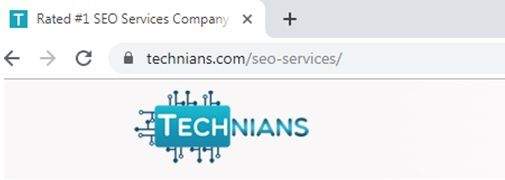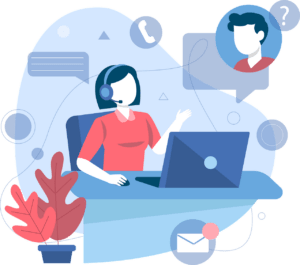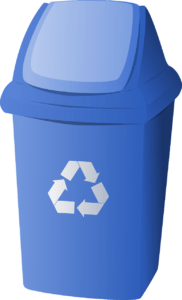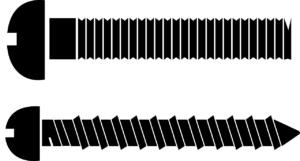Proven On-Page SEO Techniques That will Boost Your Rankings in SERP
On Page SEO

Internet is a noisy market place. Have you ever thought to optimize and make your online presence visible? This makes you be conversant with the basics of on page SEO. This will ensure a topmost performance for your website and create visibility for the target audience.
On Page SEO optimizes all the web pages to rank higher to gain more traffic from the search engine. On Page indicates the content and HTML source code of a page. On Page SEO deals with all measures to improve the search rankings of your website. This will include content quality, content structure, and page performance. It speaks the search engine language and helps the users to understand the context and meaning of the web pages.
Following are the Proven On-Page SEO Techniques That will Boost Your Rankings-
Keywords –

Keyword optimization is the foundation of SEO. Hence, the long-tail keywords create more meaning and it fits in the search pattern of the present internet users. Optimize your website content by keeping in mind the keywords that the users are searching.
Meta Description –

You would have noticed a short description that is seen just below the URL on a search engine results page along with a headline. This is called a meta description. It provides the gist of the content on that page. Make sure that you include relevant keywords in the meta description so that the search engine crawlers could pick it up easily. Also, ensure that the meta description is just about 160 characters so that the full description becomes visible in the search results. The following lists the meta description optimization tips:
- Avoid auto-generated descriptions as it sometimes does not make sense.
- Add your target keywords in the description as the search engine highlights the search terms in title and description. Hence it makes more relevant to add your target keywords to the meta descriptions.
Alt Text –
Sometimes, you might have a picture file that needs to be indexed during the search. Alt Text indicates the word or phrase that is attributed to a picture file. This will enable the picture to be indexed during the search time.
Title Tag –

The main heading that is seen it the search engine results is the title tag. It indicates the title of the web page. A Title tag should include relevant keywords to enhance the page searchability. The following lists the page title optimization tips:
- Add keywords to the start of your page titles that will help the search engine to understand from the beginning, the keywords, the page will target.
- Write short and vivid titles. It is better to keep a maximum of 60 characters as this is maximum a search engine displays in the search results.
- Include numbers and power words as it makes the titles more interesting.
- Domain in the title is not required as it gets automatically inserted by the search engine.
SSL/HTTPS –

An unprotected website is indeed a great risk for the users. Hence, page security must be dealt with great care. Enabling Secure Sockets Layer (SSL) security technology is critical to improving the website’s security, visibility, and trust. SSL enabling also ensures that the web server and the visitor’s web server is safeguarded against any third party.
URL Structure –

A URL structure represents the original structure of the website. An organized URL is essential as it permits the search engines to travel from page-to-page on the website. It makes navigation easy for visitors. The URLs should have the keywords that replicate the pages they travel to. Easy URLs are more probable to earn clicks and be useful for the search engines to travel the site. The following lists the URL structure optimization tips:
- Categorize your webpages. This will enable search engines and users to find what they require faster.
- Have subcategories
- Add a breadcrumb menu. This will allow users to travel through your website regularly.
- An Underscore Should not be there in URL Structure which generally present in URL’s and Google strictly prohibits it.
Internal Linking –
Internal linking of the connected pages on your website is an important factor of on page SEO. Search engines find it easier to travel through the web pages when the linking to different relevant pages is in place. It also helps to keep users engaged for a longer duration.
Page Performance –
Page Performance is one of the most important On-Page SEO Ranking Factor of the website. Pages that happen to take more time to load or not flexible in the mobile browsers will tend to have a low rank in the search engine results page. This gets evaluated by the search engines and it becomes a key page ranking factor.
Content Optimization –
Content Optimization refers to the original content based on your targeted keywords. This is an important part of on page SEO. Before you publish a piece of content, keyword research is done. This research is important to understand the search term that the users use in the search box. Once the target keywords are fixed, create a list of LSI keywords and that can be used in descriptions, titles, page content, and heading.







